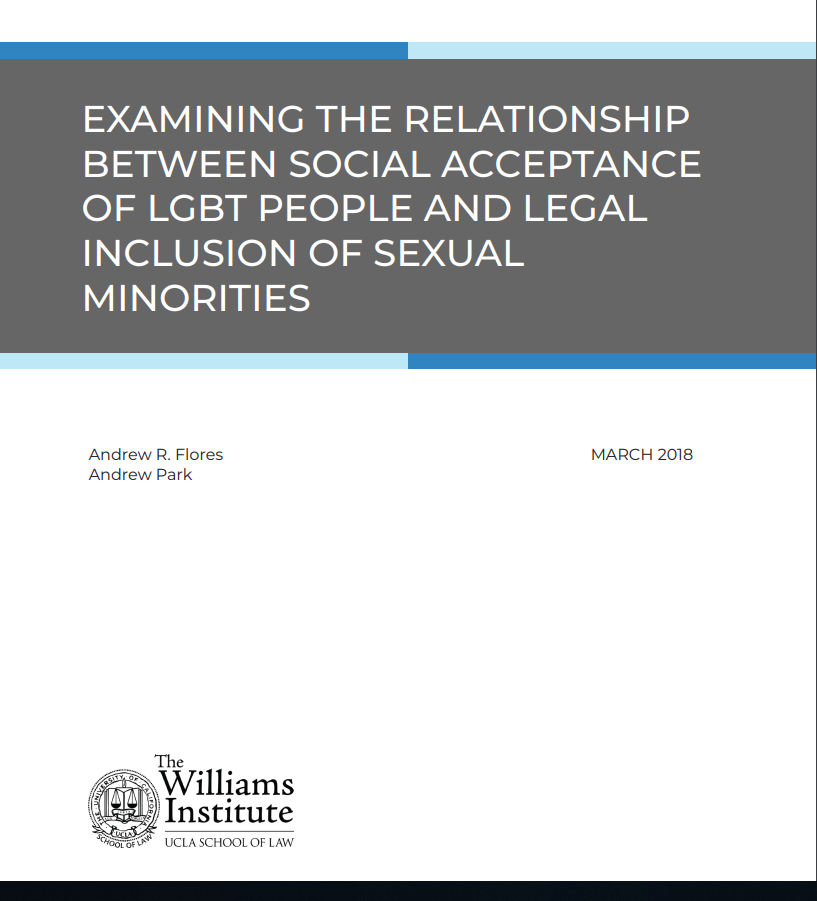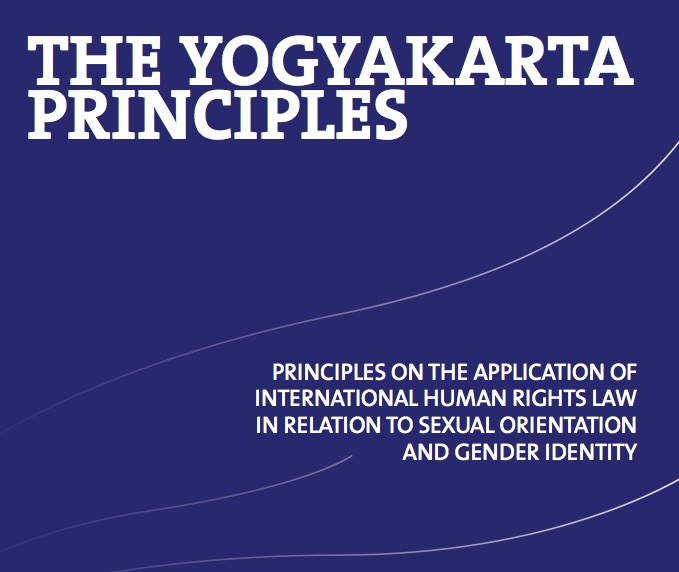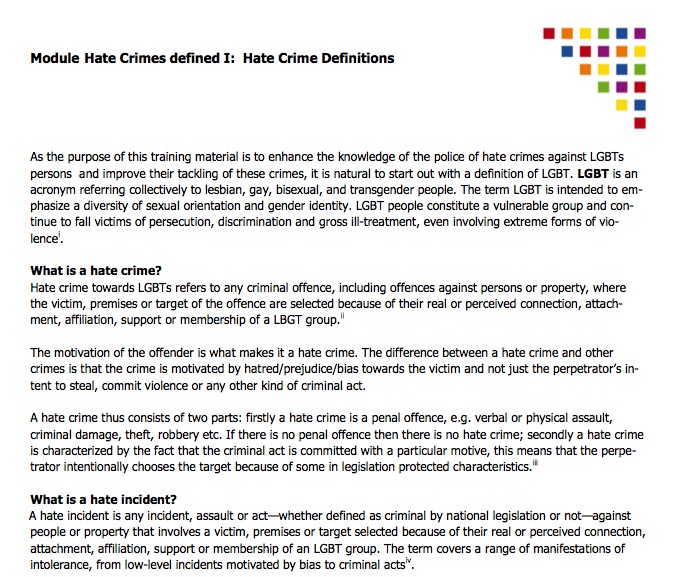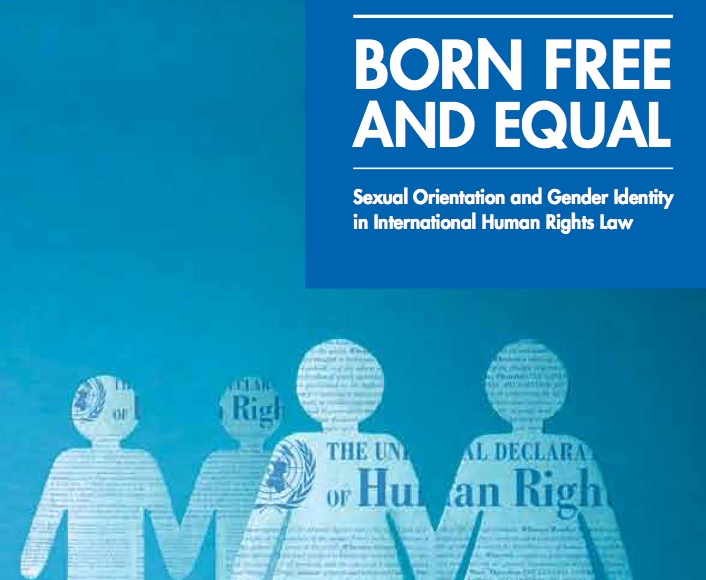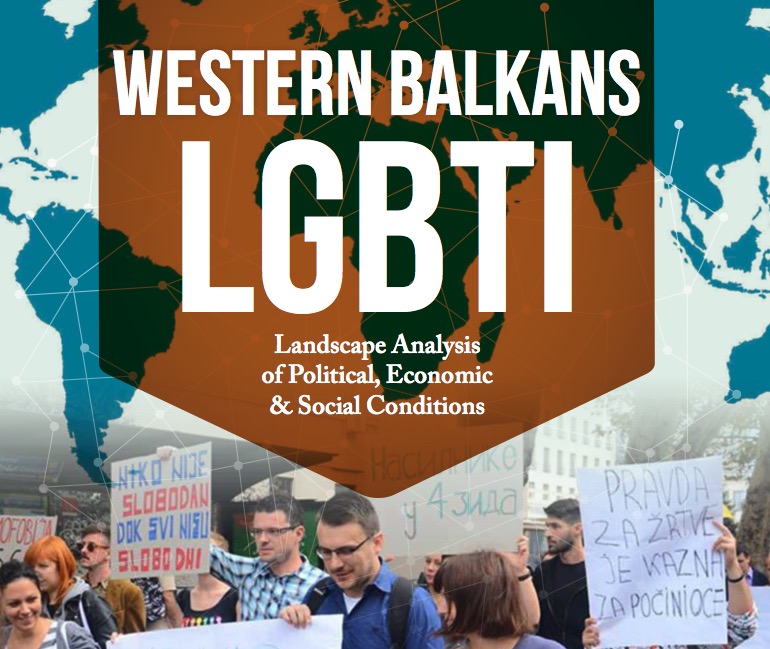Social Acceptance of LGBT People and and Legal Inclusion of Sexual Minorities
Based on data from 133 countries from 1990 to 2014 this report from the Williams Institute examines whether there is a connection between the level of acceptance of lesbian, gay, bisexual and transgender (LGBT) people and the level of inclusiveness of a country’s law.
Key findings:
The major finding of this study is that, in general, a strong statistic relationshop exists between social acceptance of LGBT people and LGB legal inclusiveness. Other findings include:
– As the laws of each country envolve from no inclusion to fuller inclusion, the legal changes follow one from two paths. Some countries move from decriminalization of same sex behaviour to the adoption of laws pertaining to discrimination in economic activities, such as employment and public accomodations, and some countries move from decriminalization to the adoption of laws pertaining of family recognition and parenting. Both paths can lead to fuller legal inclusion, where policies include LGB people in employment non-discrimination policies and public accomodations, family recognition policies including legal same-sex couple recognition and adoption, and military service.
– In countries where freedom of press is greater, the relationship between acceptance and legal inclusiveness is stronger. In countries with the lowest press freedom, the relationship does not exist.
– Countries with a strong rule of law have a stronger relationship between LGB acceptance and LGB-inclusive policies. This relationship does not exist in countries with weaker rule of law. Countries with the weakest rule of law are also most likely not to have any LGB-inclusive policies.
– In democracies, acceptance has a strong association with legal inclusiveness. In anocracies, the association is weaker and the level of legal inclusiveness is not likely to be high even as acceptance increases. Within autocracies, social acceptance has no association with LGB inclusion.

